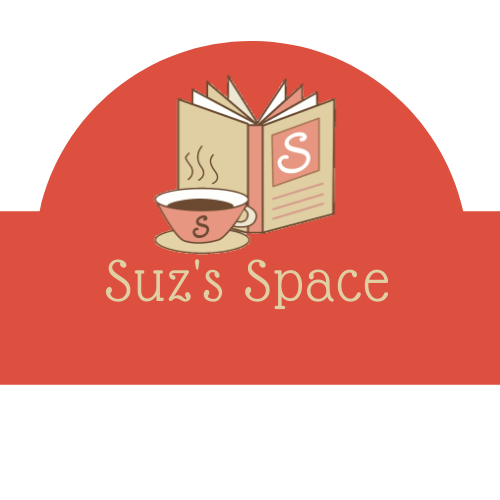Saturday night, almost five hours after the play finished and my eyes were still sore from crying. I started within moments of the actors coming onstage and stopped while they were handing out cake. It was an awesome play, totally hit the tenor of the book, with seriously good music by some fabulous players and so many phrases came directly from the book.
I was slightly on the back foot as I only started reading the book the previous weekend and had about 30 odd pages to go when we went into fortyfivedownstairs. Took it with me and read some of it on the train which made things rather disconcerting when the exact same words came back to me on the stage only a short time later.
Café Scheherazade by Arnold Zable is one of the best books. It is a retelling of the stories of some of the people who used to sit around talking and eating in Café Scheherazade in Acland Street, St Kilda until it closed in 2008. The characters are talking to a journalist who originally went into get some details for Café Scheherazade’s 35th anniversary and ended up hooked by the stories. They are challenging stories as they encompass existence in Siberia, Kobe, Vilna, Paris and Shanghai in the years surrounding and during World War II.
There are so many good things about this book I really don’t know where to start or finish so I’ll just include a paragraph and tell you why I think it’s so good.
This is a tale of many cities: each one consumed by the momentum of history. Each one recalled at a table in a cafe called Scheherazade, in a seaside suburb that sprawls upon the very ends of the earth, within a city that contains the traces of many cities.
This paragraph is a bridge between two stories. It finishes off the previous story without diminishing it, reminds us where we are, not just in the cafe, but on the seaside in a suburb in a fairly remote location. It doesn’t seem remote to the people who live there but it is remote from the places these people have come from, not just in distance but also in the food, the culture, so many other things including the weather. It then reminds us that this city has so many other cultures from so many other cities in the world and seems to lead us directly into another story. The writing is just perfect it’s succinct without leaving anything out. This paragraph is just an illustration of the whole book.
The play is exactly what I expected, it is just a reduction of the book and although it leaves out so much doesn’t lack anything. To get the mood of the play all the actors and the two musicians walk out slowly backwards in time with the Klezmer music. It was very evocative of the book and as soon as I saw them I instantly thought of how hard it would be to keep their arms up like that, but that reminded me of Yossel, one of the characters in the book, who was nearing ninety:
…age does not matter. Willpower can defeat it. I can still lift fifty kilos. I have already walked fifteen kilometres today…
That is when the tears started. Already they had evoked the book from within me and all they’d done was walk backwards on stage to the sound of the music.
Fortyfivedownstairs is a fairly small area. There were around 100 seats with only a couple empty and to get to the seats you had to walk on the stage, there was no delineation between the stage and the first row of seats. They had kept one seat aside in the front row, next to a table with a sign not to sit there and not to use the table, I managed to sit behind this seat. Martin, the journalist, sat there a couple of times and the light was focussed on him, it highlighted my lap with my copy of the book and my tissue.
Some scenes were rather fragmented with the actors giving a couple of words each in turn. I felt this highlighted the fragments of stories that have managed to be told and the fragments of families that have survived that era. They were very powerful.
I cannot tell you the best part of the book or the play as they were both so excellent all the way through. I could highlight the writing style, the characterisation, the stories themselves or so many other points but that would take up a whole book. I could highlight the acting, the music, the stage direction but again, that would take a whole book. Much better to just tell you to read the book and see the play. If you can’t do both then as they are both as good as the other you have a choice if you’re in Melbourne until the 11th of September when the play has it’s final performance, but elsewhere there is no choice but to read the book. I have one copy to sell, if I can think of a good competition before it sells I might offer it as a prize. If you miss out you can buy this book and others by Zable at his publishers, it seems to be unavailable everywhere else I’ve tried.
I hope to finish the book in the next day or so, I’d like to move onto something a little easier on the emotions.

